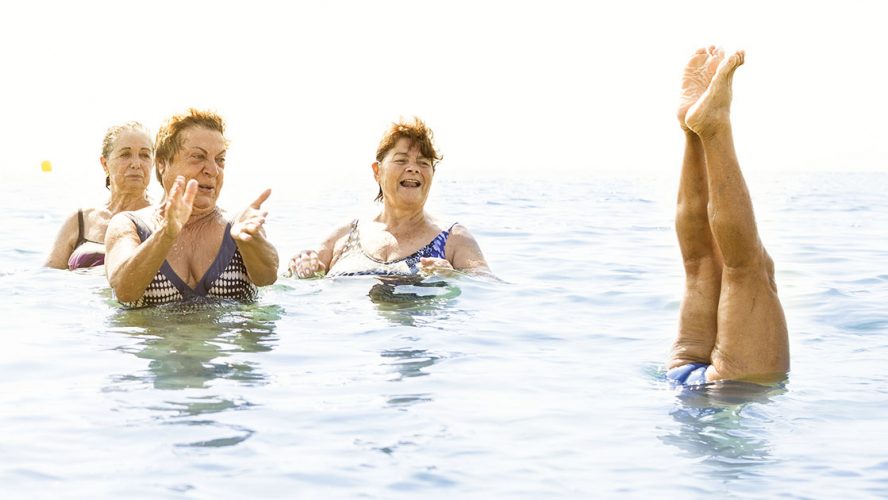Vacations are no longer confined to expansive beaches or glamorous cruise ships, but as recent trends reflect, more people are scratching their travel itch through adventure tourism.
Managing director of Adventure Travel Trade Association Jason Reckers said that a recent piece polling tour operators revealed that 40 percent of their clients fall between ages 50 and 70, which is the largest demographic by age. Often this is due to older travelers having more time and better finances, but it’s also because the definition of adventure tourism has greatly expanded.
Breaking down adventure tourism
Adventure tourism qualifies as any type of travel where you’re challenging yourself and are combining culture, nature and activity. This can be through trekking, backpacking, cycling, hiking, kayaking or any other type of adventure where you’re becoming immersed in an area. For some, it can even mean a culinary exploration in a new country.
Reckers explains it as “the ability for someone to move from the typical mass tourism-type situation where they might be sitting on a beach or sitting on a cruise ship … to actually having some sort of activity or experience.” Often these trips center around “a transformational experience, an expanded worldview, some learning, nature and discovery, and mental health.”
Travel benefits
Adventure travel can provide adventurers with obvious physical benefits, particularly if they’re embarking on a new undertaking where they might be required to train in preparation for their trip. Additionally, there are many mental health benefits to a nature-centric, explorative type of travel.
“The constant learning and expanding our vision of the world — and also experiencing new flavors, tastes, people and interactions — ultimately provide that challenge to the mind to not become complacent,” Reckers says.
Not only are travelers able to experience the world in an entirely new way, but it can also offer a fresh perspective.
“We like to ensure in these trips that people are getting an experience of what life is like today,” Reckers adds. “Often what you’ll find is that different places around the world are very similar to each of us individually: they have the same motivations, the same desires, the same purpose and they view things very similarly. And I think when people have that opportunity to meet those people and have that relationship and see that they’re just as friendly as the person next door to where they live, you’ll find that you walk away with a different perspective of the world as a whole.”

